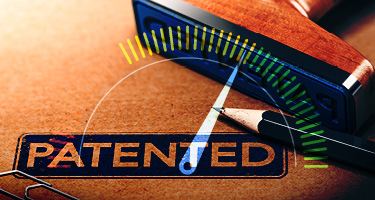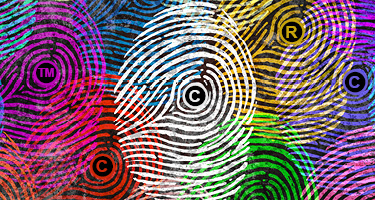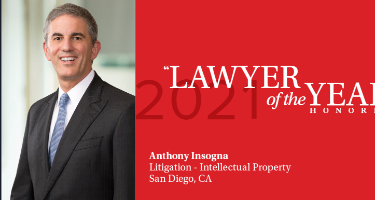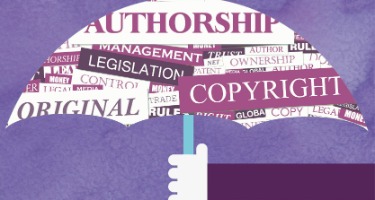On April 16, 2019, the U.S. Court of Appeals for the Ninth Circuit issued an opinion in Erickson Productions, Inc. v. Kast. The Erickson decision teaches several important lessons. First, it reminds copyright owners of the importance of registering their works with the U.S. Copyright Office, especially following the U.S. Supreme Court’s recent decision in Fourth Estate Public Benefit Corp. v. Wall-Street.com, LLC. Second, it reminds anyone wanting to use photos taken from the Internet to think twice and make sure they obtain the needed legal rights and permissions before doing so. Third, Erickson teaches website owners the importance of having a well drafted agreement signed with the web developer hired to build, change, or maintain a website. Finally, it teaches website owners the importance of overseeing the hired web developer to make sure they don’t include any third party’s copyrighted content without first obtaining the necessary rights and permissions.
In Erickson, plaintiffs Jim Erickson and his company, Erickson Productions, Inc. (collectively, “Erickson”), owned three photos that were licensed to Wells Fargo Private Bank. In 2010, Defendant Kraig Kast hired website developer Only Websites to revamp his real estate wealth management company’s website. In emails to Only Websites, Kast said he wanted to mimic Wells Fargo Private Bank’s website and noted that he “need[ed] to choose photos from options” provided by Only Websites. Kast also told Only Websites he wanted the photos “to be more casual like” those on Wells Fargo’s website. Eventually, the three photos licensed by Erickson that were on Wells Fargo’s website became part of Kast’s website (the Erickson court noted that the record was unclear on “whether Kast directed Only Websites to include the photos or whether Only Websites did so unilaterally”).
Using imagery tracking software, Erickson discovered the photos on Kast’s website and sent Kast a letter in July 2011 demanding that Kast remove the photos and pay damages. Kast promptly instructed Only Websites to remove the photos but refused to pay Erickson. In response, Erickson sued Only Websites for direct infringement and sued Kast for direct, vicarious, and contributory copyright infringement. Erickson also alleged that Kast’s infringement was willful, making the infringement subject to enhanced damages. Only Websites defaulted and went out of business, leaving Erickson alone to defend the case.
Notably, had Erickson not filed for and obtained a copyright registration before the infringement, only actual damages could have been sought in the lawsuit. Because the copyrighted photos had been registered, however, Erickson was allowed to seek statutory damages of up to $150,000 per photograph.
The case went to a jury trial where “two divergent narratives emerged.” At trial, Kast claimed that Only Websites had copied the photos without his consent and that he’d understood Only Websites’ contract to state that they would only use licensed photos for the website. However, he admitted that he knew the photos were on his business’s website as early as January 2011 and had remained there until he received the July 2011 demand letter.
The jury returned a verdict finding that Kast had vicariously and contributorily (but not directly) infringed Erickson’s copyrighted photos by displaying them on his business’s website and did so willfully. The jury awarded Erickson the maximum statutory damage amount of $150,000 per photograph, for a total of $450,000. Kast appealed.
On appeal, the Ninth Circuit vacated the jury’s vicarious liability verdict because Erickson had presented no evidence that could constitute a direct financial benefit to Kast as a matter of law. However, the Ninth Circuit affirmed the jury’s contributory liability verdict against Kast, because the trial court had not plainly erred in instructing the jury that “knowledge” for contributory infringement purposes includes having a “reason to know” of the infringement. The Ninth Circuit did vacate the jury’s willfulness finding though, based on the trial court’s erroneous instructions to the jury that it could find that Kast’s infringement was willful if he “should have known” that his acts infringed Erickson’s copyright. The case was remanded back to the trial court to determine whether Kast’s infringement was willful based on the existing record.
Erickson serves as another reminder to copyright owners that to enforce their copyrights in court and be eligible for statutory damages (and attorney’s fees), they must first register them. Equally important, Erickson reminds website owners that to avoid becoming a defendant in a copyright lawsuit for the unauthorized use of photos on a website, they must: (1) make sure they have the proper licenses and permissions for all third party copyrighted content used on their commercial website; (2) have a well drafted agreement signed with any web developer they hire to build, change, or maintain their website(s); and (3) make sure they properly oversee the web developer’s work product to ensure that no copyrighted content is used without the necessary rights and permissions.































